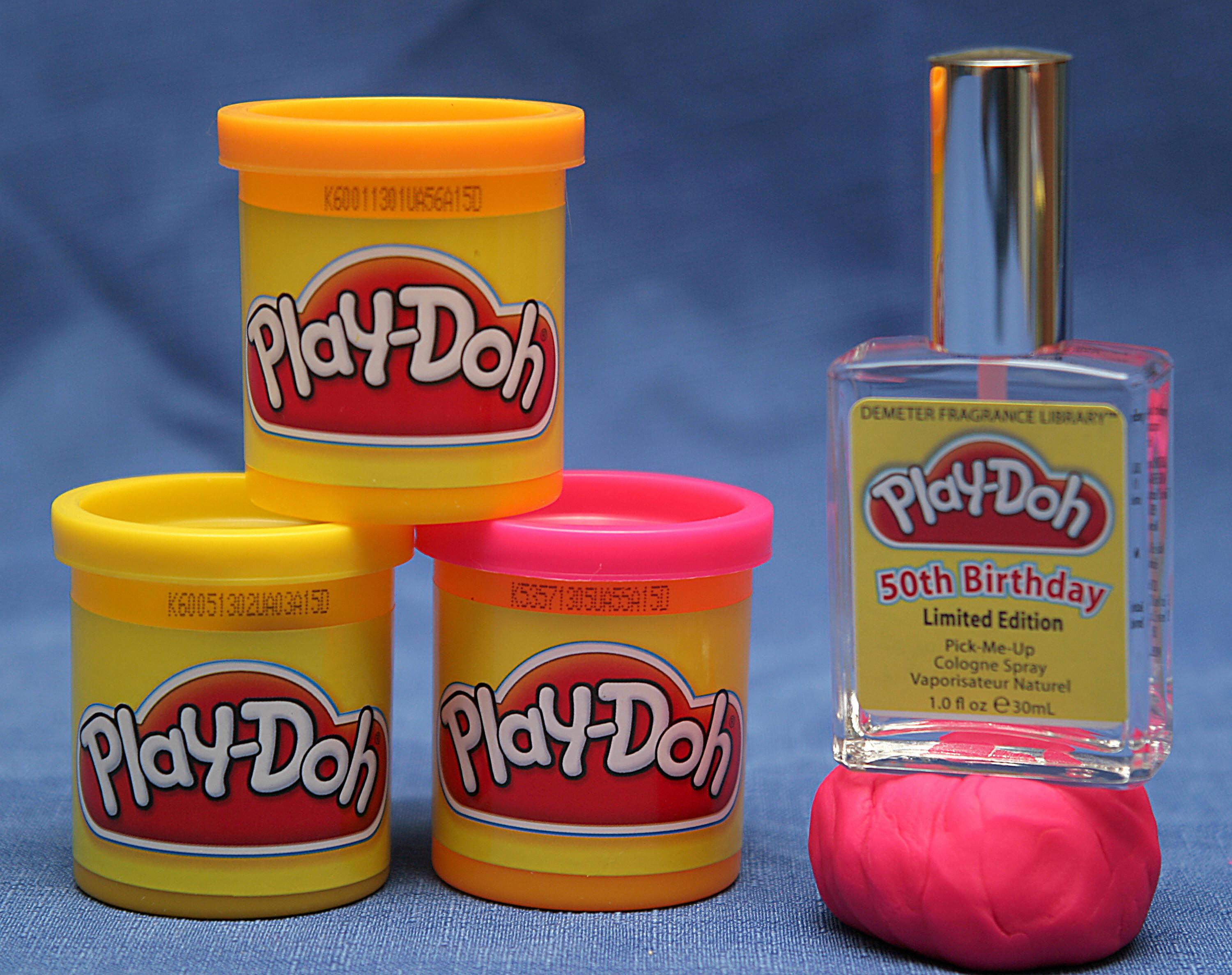Judith Shulevitz’s op-ed from Sunday—about college campuses being overwhelmed by “hypersensitive” progressives who are eager to censor any ideas that ruffle their feelings—rocketed to the top of the New York Times most-emailed list. It’s not a big surprise. The piece may give its readers a pleasant sense of superiority to students who take censorious attitudes toward “discomfiting or distressing viewpoints.” “People ought to go to college to sharpen their wits and broaden their field of vision,” Shulevitz writes; students of previous generations—students such as the reader, perhaps!—were “hardier souls” who could tolerate disagreement without falling apart.
Shulevitz is right that many left-leaning students invoke the need for “safe spaces” in order to shut down debate. She cites an especially troubling example: when students at Northwestern demanded a “swift, official condemnation” of professor Laura Kipnis for writing an article opposing bans on student-professor relationships. The idea of safety shouldn’t be used as a cudgel to censor any idea or image that you happen to disagree with, as when students as Wellesley tried to force the Davis Museum to remove a statue of a man in his underwear on the grounds that it’s triggering to rape survivors.
But Shulevitz’s evidence that this trend is actually gaining power is lean on the ground. The students at Northwestern overreacted, yes, but the school didn’t cave in to their demands. She cites an incident at Oxford University’s Christ Church, which canceled a male-only debate about abortion, and another at Hampshire College, which disinvited an Afropunk band on the grounds that it had too many white members—but two incidents in two different countries doesn’t seem like a major call for alarm.
The concern that students “self-infantilize” (in the words of a former Barnard College president) risks lending itself to skepticism about the legitimate mental health needs of many students. “Now students’ needs are anticipated by a small army of service professionals — mental health counselors, student-life deans and the like,” Shulevitz writes. But having to deal with little babies who cry over a few bruises seems like a good trade-off if it means better services for those with broken bones.
The linchpin of Shulevitz’s article, its cartoonish centerpiece, is the “safe space” created for students during a Brown University debate between feminist Jessica Valenti and libertarian Wendy McElroy about rape culture and sexual assault on campus. Here’s Shulevitz’s description:
The safe space, Ms. Byron explained, was intended to give people who might find comments “troubling” or “triggering,” a place to recuperate. The room was equipped with cookies, coloring books, bubbles, Play-Doh, calming music, pillows, blankets and a video of frolicking puppies, as well as students and staff members trained to deal with trauma. Emma Hall, a junior, rape survivor and “sexual assault peer educator” who helped set up the room and worked in it during the debate, estimates that a couple of dozen people used it. At one point she went to the lecture hall — it was packed — but after a while, she had to return to the safe space. “I was feeling bombarded by a lot of viewpoints that really go against my dearly and closely held beliefs,” Ms. Hall said.
I don’t love that the safe space infantilized students with coloring books and Play-Doh. And it’s troubling that Hall defended the space as protection against hearing different viewpoints. But none of that means that a “safe space” is a bad idea, as this write-up of the debate by Joseph Zappa at the Brown Daily Herald makes clear: “McElroy said rape culture exists in places like parts of Afghanistan where ‘women are married against their will’ and ‘murdered for men’s honor’ but not in North America, where ‘rape is a crime that’s severely punished.’” If you’ve been raped and seen your rapist walk away without any punishment—which is the experience of the majority of rape victims—being told that your trauma isn’t real or valid in this way can be severely upsetting. In that context, a safe space isn’t just a shelter from disagreement. It’s a place where you can pull yourself together after hearing demeaning rhetoric.
After all, if you don’t want to deal with the discussion at all, you don’t need a “safe space.” You would just not go to the debate in the first place. You don’t need a time-out area for those who don’t time-in.
There is a way both to keep healthy debate going and acknowledge that people who have suffered trauma might need a little emotional help. McElroy, who is a rape survivor herself, probably doesn’t mean to sound as dismissive as she does. But comments such as hers can shame survivors, making them feel that they don’t “deserve” to feel the way they do when someone else, somewhere else, has it worse. People who try to silence disagreement should be called out for that. But taking a time-out during a heated, extremely personal debate is nothing to be ashamed of.
